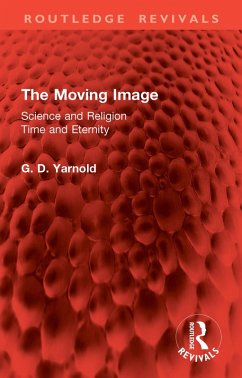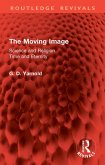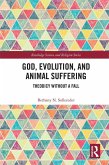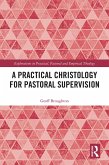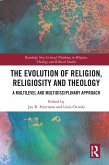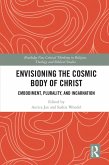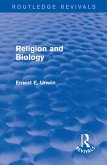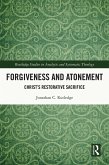These and other questions are looked at afresh in the light of a carefully articulated understanding of the relation of time to eternity, which draws together the contributions of the ancient world, the insights of existentialists and linguistic philosophy, and the most recent trends in natural science. On this basis, skilfully argued and cogently presented, the author examines the problems of divine omniscience in relation to human freewill and neurophysiological determinism, and deals in a fresh manner with the great questions of Christology and the hope of eternal life. The result is a work of fascinating interest, in which bold metaphysical views are advanced with full awareness of the pitfalls to which such thinking was exposed at the time. Of interest to philosophers and theologians at the time, as well as the lay reader, today it can be read in its historical context.
Dieser Download kann aus rechtlichen Gründen nur mit Rechnungsadresse in A, B, BG, CY, CZ, D, DK, EW, E, FIN, F, GR, HR, H, IRL, I, LT, L, LR, M, NL, PL, P, R, S, SLO, SK ausgeliefert werden.

